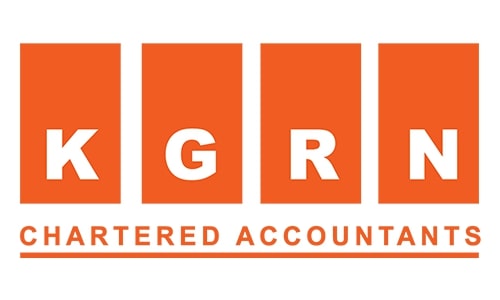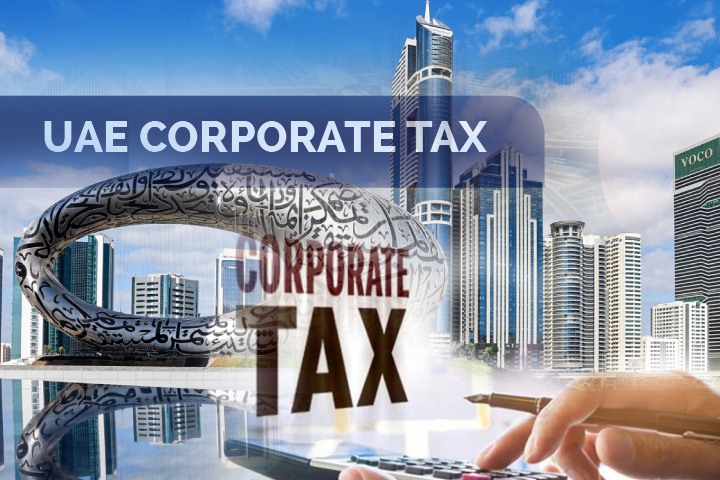Despite the fact that corporation tax rates have been dropping for more than 40 years, many individuals think it is past time for a change. And it’s conceivable that we will be there to see it. In July 2021, 130 nations agreed on a 15 percent global minimum company tax as a starting point for further negotiations.
A small business financing provider, decided to investigate the situation. It applied each country’s tax legislation to a model business, using data from KPMG, the Tax Foundation, and a variety of government websites, to determine how much tax firms are now paying all across the globe, according to the study.
The taxation of small enterprises varies from one nation to the next. The taxation of small businesses in Europe
Start-ups and young entrepreneurs will find Europe to be an ideal place to do business, especially in the technology sector. In Europe, registering a new company takes less than two weeks, and the continent has some of the most competitive business tax rates in the world, making it a desirable location for starting a firm.
Companies in Europe with less than 50 employees pay 17.9 percent in corporation tax, which is the lowest rate everywhere in the world outside the Middle East and Central Asia. As a result, certain smaller European nations are emerging as global startup hotspots, and this is one of the key reasons behind this. Cyprus has the third greatest number of new company registrations every year, due to a favourable tax rate of just 12.9 percent, which makes it a desirable location for entrepreneurs.
According to international standards, 12.9 percent is deemed moderate. While lower than Monaco’s company tax rate, it is still not as low as the rate in the Principality of Monaco itself. Companies with headquarters in the billionaire’s playground do not have to pay any tax. It should be noted that in order to be eligible for this tax cut, firms must earn at least 75% of their sales inside the borders of Monaco itself.
What is the taxation structure for businesses in North America?
Taxation is a difficult business to operate in the United States. Corporate tax rates in the nation vary widely as a result of the country’s state system. In other words, although the national average is 25.6 percent, the amount that individual companies pay varies depending on where their money is earned.
Corporations in high-tax jurisdictions such as New Jersey are subject to tax rates in the double digits. Taxes paid to the Internal Revenue Service by businesses in North Carolina, Missouri, and Oklahoma total less than 5 percent of their revenues.
It is possible that things will become much better (or worse) for Delaware-based companies depending on your political convictions. Since the eighteenth century, it has acted as a tax haven inside the organisation. Delmarva does not have any value-added taxes (VATs), inheritance taxes, capital shares or stock transfer taxes, and it has a corporate tax rate of 0 percent.
This small state in the Mid-Atlantic region of the United States is home to around 1,000,000 businesses, including 67 percent of Fortune 500 organisations. This is due to a legal gap known as the Delaware loophole, which experts (and critics) refer to as the Delaware loophole. It is a piece of state legislation that allows major corporations to report some types of revenue in the state in which they are incorporated rather than in the states in which they conduct their operations.
South America has a corporation tax, which is imposed on businesses.
South America has the highest average corporate tax rate of any continent, at 26.1 percent, with the exception of the United States.
One of the reasons why South America isn’t the most business-friendly region on the planet is the high levels of bureaucracy in the region (coupled with pockets of corruption). It may take more than 40 days to organise a new company, and start-up costs can account for as much as 41.4 percent of total national income per capita in certain cases.
Suriname has the continent’s highest corporate tax rate, at 36.0 percent. Furthermore, small businesses do not appear to be the driving force behind Venezuela’s economic recovery any time soon. In addition to dealing with a deteriorating economy, business owners must contend with a corporation tax rate of 34% of profits. Entrepreneurs will need to spend more than twice their annual salary on startup costs and other administrative expenses in order to start a new business.
Company owners in the continent’s southern nations, on the other hand, have it a lot easier than the rest of us. Chile and Uruguay have among of the lowest corporate tax rates in South America, with Paraguay paying less than ten percent of GDP in company taxes.
The taxation of small businesses in the Middle East and Central Asia
Corporation tax rates in the Middle East and Central Asia are among the world’s lowest on average (16.2 percent ). However, given the size of the area, it should come as no surprise that estimates differ significantly from one country to the next.
In countries with vast natural resources, such as Turkestan, Qatar, and Kazakhstan, corporate taxes are often lower than in other countries. Their governments make substantial quantities of money from the oil and gas sectors, which allows them to grant substantial tax breaks to firms operating outside of these industries. The absence of oil and gas operations in Bahrain or the United Arab Emirates, for example, results in no corporate tax being paid by these companies.
Company tax obligations in Turkey, Iran, and Syria require businesses to set aside 25 percent of their annual revenue for corporation taxes.
Taxes on corporate profits are imposed across Oceania and the rest of Asia.
Asia is one of the most diverse areas on the globe, with a population of around five billion people and more than 2,000 languages that are recognised worldwide. Its company tax rates are similarly a mix of several rates. In fact, the rates of company tax in this region vary more than they do everywhere else.
Vanuatu and Naura are two countries that are towards the bottom of the global ranking. Companies are largely exempt from paying taxes on their profits as a result of the country’s tax policies. The 0 percent rate, on the other hand, has nothing to do with recruiting large corporations to these little islands.
The libertarian beliefs that they adhere to, which put a priority on individual liberty and self-sufficiency, are reflected in their clothing.
Vanuatu and Naura are two significant exceptions in this group. On the basis of the corporation tax map, the vast majority of nations in Oceania and the rest of Asia have a flat corporate tax rate of 30 percent. In Japan, the tax rate is 36 percent, which is somewhat higher than the rest of the world.
Small businesses in Africa are subject to taxation.
The African continent, despite the fact that it is home to some of the world’s fastest-growing nations, has one of the world’s lowest rates of corporate tax. With an average of nearly 27 percent, this means that the government gets more than a quarter of total revenues.
This percentage is far greater in Zambia, Chad, and Sudan, where business owners are subject to a stunning 35% tax rate. Somali companies stand to gain far more since the effective corporate tax rate in Somalia is just 12.3 percent.
The proposed 15% minimum tax rate will almost probably have an impact on mega-corporations that opt to base their operations in tax havens across the world. However, for the time being, the suggestion is nothing more than idle rumours. Time and circumstances will determine whether or not it becomes a reality.
In a statement released on January 31st, the UAE Ministry of Finance said that a federal corporate tax will be imposed in June 2023. In Al Zeyoudi’s opinion, the response has been overwhelmingly positive, with businesses realising that the United Arab Emirates must comply to international standards.
On or after June 1, 2023, businesses with annual revenues in excess of Dhs375,000 will be subject to a basic statutory tax rate of 9 percent. Any money earned that does not arise from the operation of a business or the conduct of commercial activities is exempt from corporate tax.
It is intended to replace “the majority” of the taxes now collected on firms in the United Arab Emirates, according to the minister.
Because the ministry wants to guarantee that companies are fully prepared for the adoption of corporation tax next year, it will give them enough time to prepare. Businesses may expect more precise information from the ministry by the middle of the year, so they can plan ahead accordingly. More information may be found at tax.gov.ae, which is also in Arabic.






